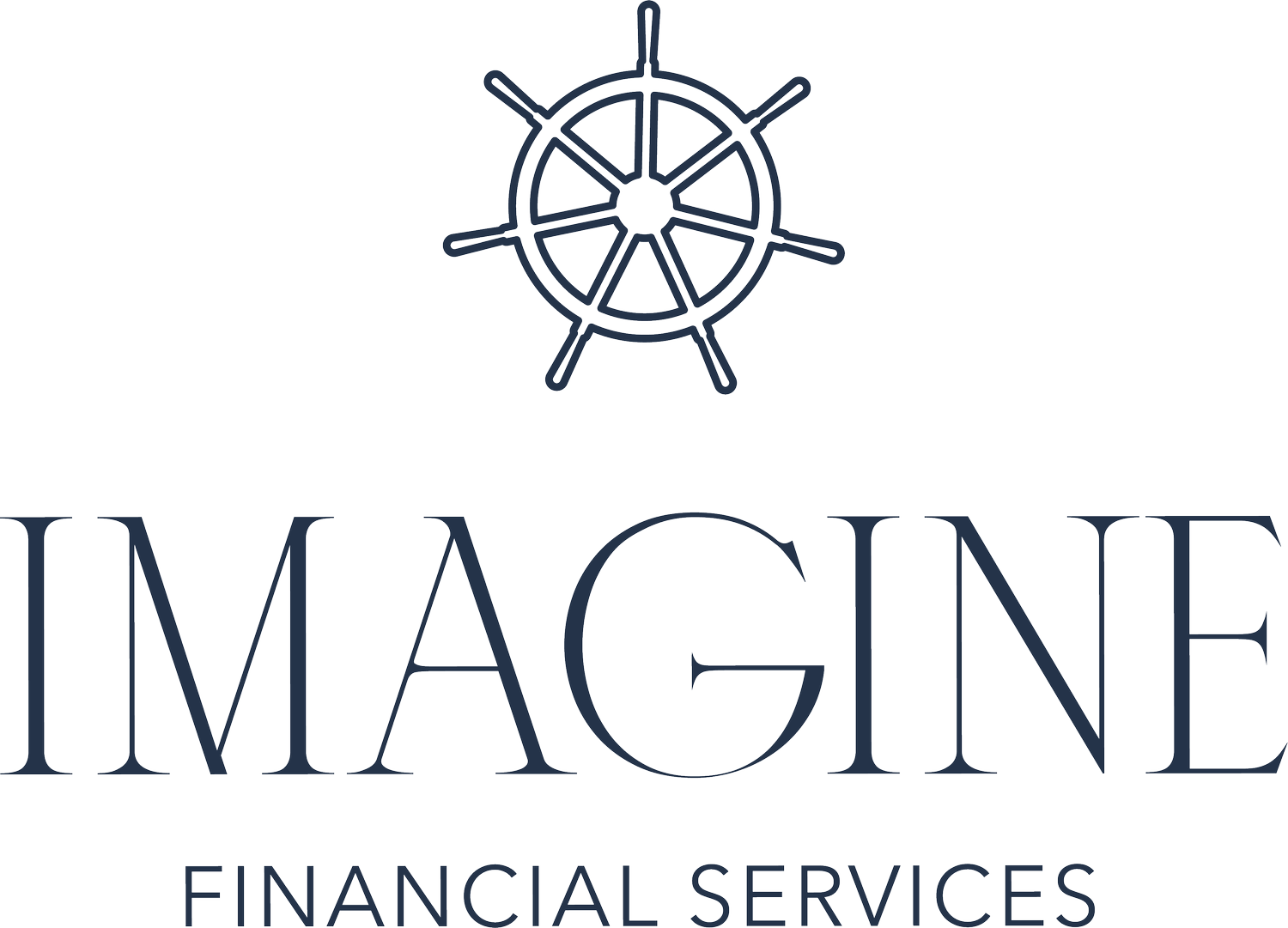Homeowner Trust As Additionally Insured
Financial planning is not just about wealth accumulation. An essential part of financial planning is the protection and coordination of all assets.
Along with tax planning and risk mitigation, estate plan documents; such as a will or wills and a trust, play a significant role in the overall well-being of a financial plan.
What is a Trust?
Estate Planning Attorney Colleen Robinson explains, “A trust is a legal entity that holds/owns assets for the benefit of the trustors/beneficiaries. In order for a trust to be valid, it needs to own assets, otherwise, it’s empty.” (Robinson, 2023)
How Assets Are Titled
There is often a disconnect between how assets are held in title and the manner they are treated at supporting institutions. For example, if your brokerage account is in the name of your trust and you wish to move money to your bank, the receiving account must be titled in the name of your trust. Setting up a trust account at the bank is a quick fix to solve this issue.
However, for many, a home is one's most significant asset. It makes sense that protecting it for yourself and future generations would be a goal. Homeownership can be supported by having essential estate documents drafted by a qualified estate attorney.
Robinson goes on to state, "With real property; such as land or a home, we actually change the deed so the individual or couple is no longer the owner, but instead, the trust is the owner." (Robinson, 2023)
Homeowner Deed vs. Homeowner Insurance
When acquiring a homeowners policy, ordinarily homeowners insurance is held in the individual or joint owner's name.
Insurance agent Dan Armentrout of Marsh Insurance Agency explains, “The “entity” of a Trust is not one that itself can be underwritten based upon its own home insurance claims experience.” For example, “When a couple purchases a home both are listed as “Named Insureds” and the underwriting of the risk is on the property itself”. (Armentrout, 2023)
Armentrout goes on to explain, “the “Named Insureds” are themselves underwritten based upon their information bankruptcies, prior home insurance claims, criminal history for arson for example.” (Armentrout, 2023)
The Issue
Consider the following scenario. Your home burns down. Will the insurance company push back on a claim because the house was owned by the trust, but the insurance policy was titled in the homeowner's name? Possibly.
The Solution
This can be quite a conundrum. What can be done to avoid this disengagement? The solution is to add an “additionally insured” clause.
Karen Estes, who recently retired from decades serving as an insurance agent shares, “Most insurance companies will have the “Named Insured” as their personal names and then name the trust as an “Additional Insured”. Some may charge a little extra for this endorsement but most don’t.” (Estes, 2023)
Be aware, insurance terminology may vary from one company to another. The clause “Additionally Insured" is similarly referred to as a “Trust Endorsement Schedule” allowing the Trust to be added as an “Additional Insured”.
Conclusion
Your Certified Financial Planner™ professional will coordinate with your Estate Planning Attorney and insurance agent to provide a thorough analysis of your assets. This professional circle will help you coordinate your assets seamlessly with your financial goals while confirming proper titling and any additional endorsements.
References
(2023, April 16). RE: Interesting insurance question.
(2023, April 15). RE: Interesting insurance question.
(2023, April 26). RE: Interesting insurance question.

